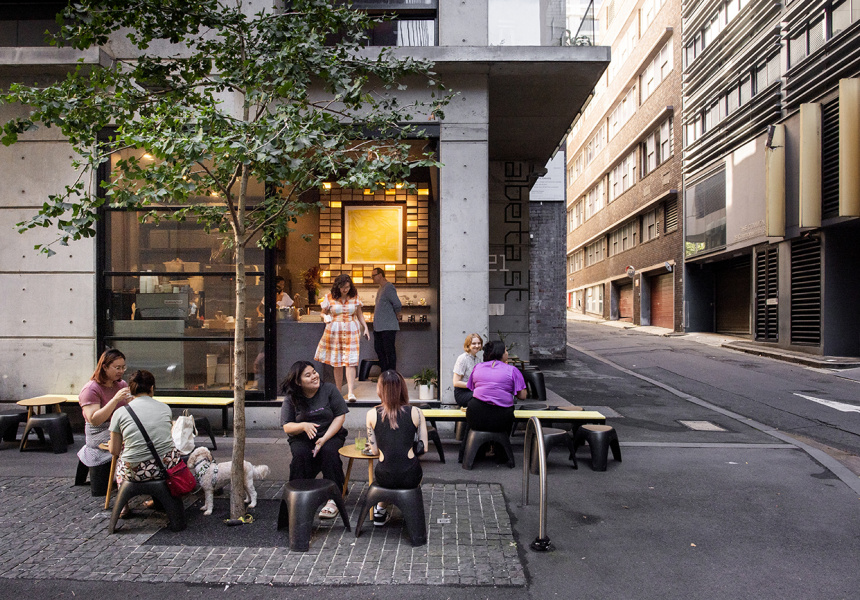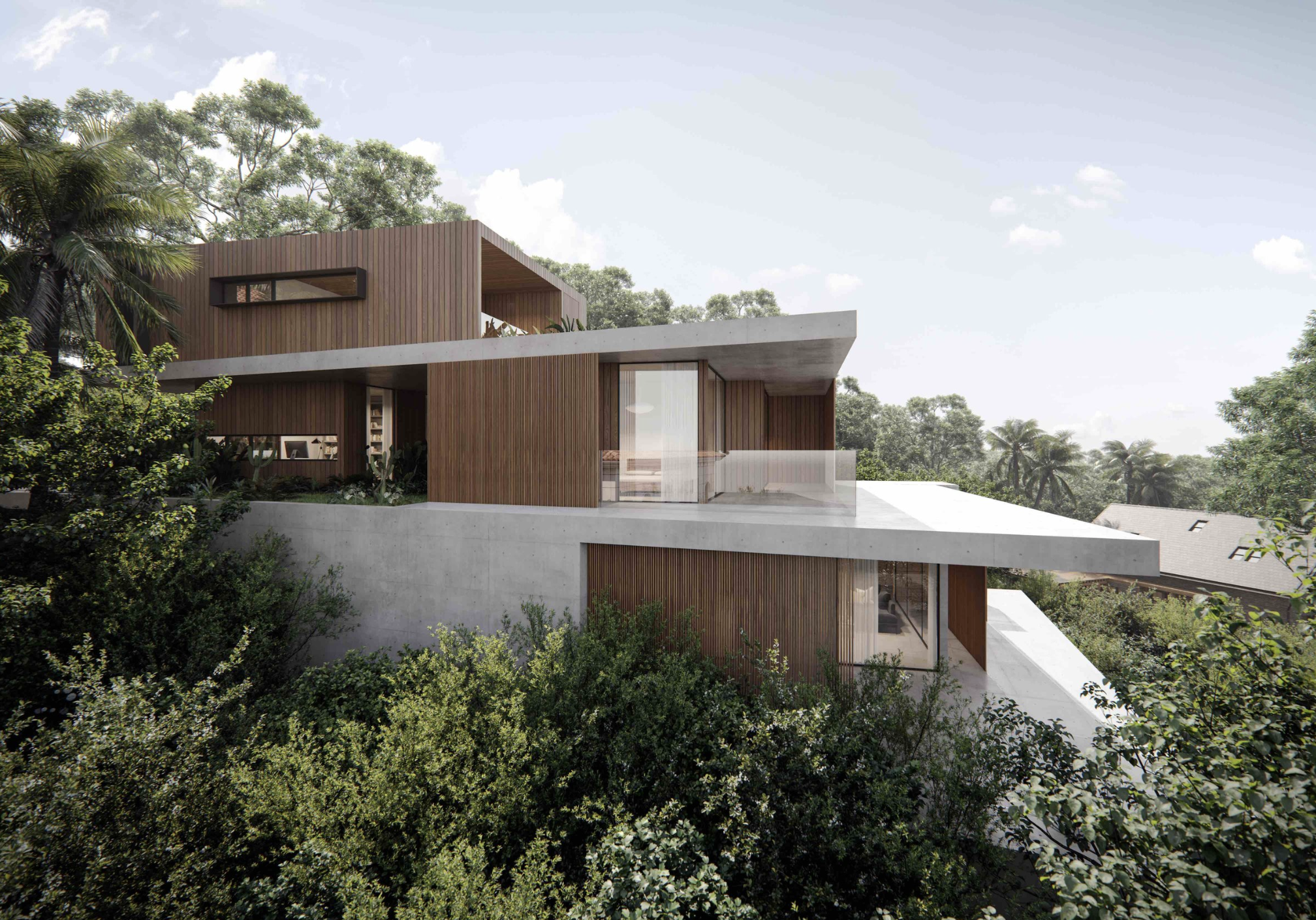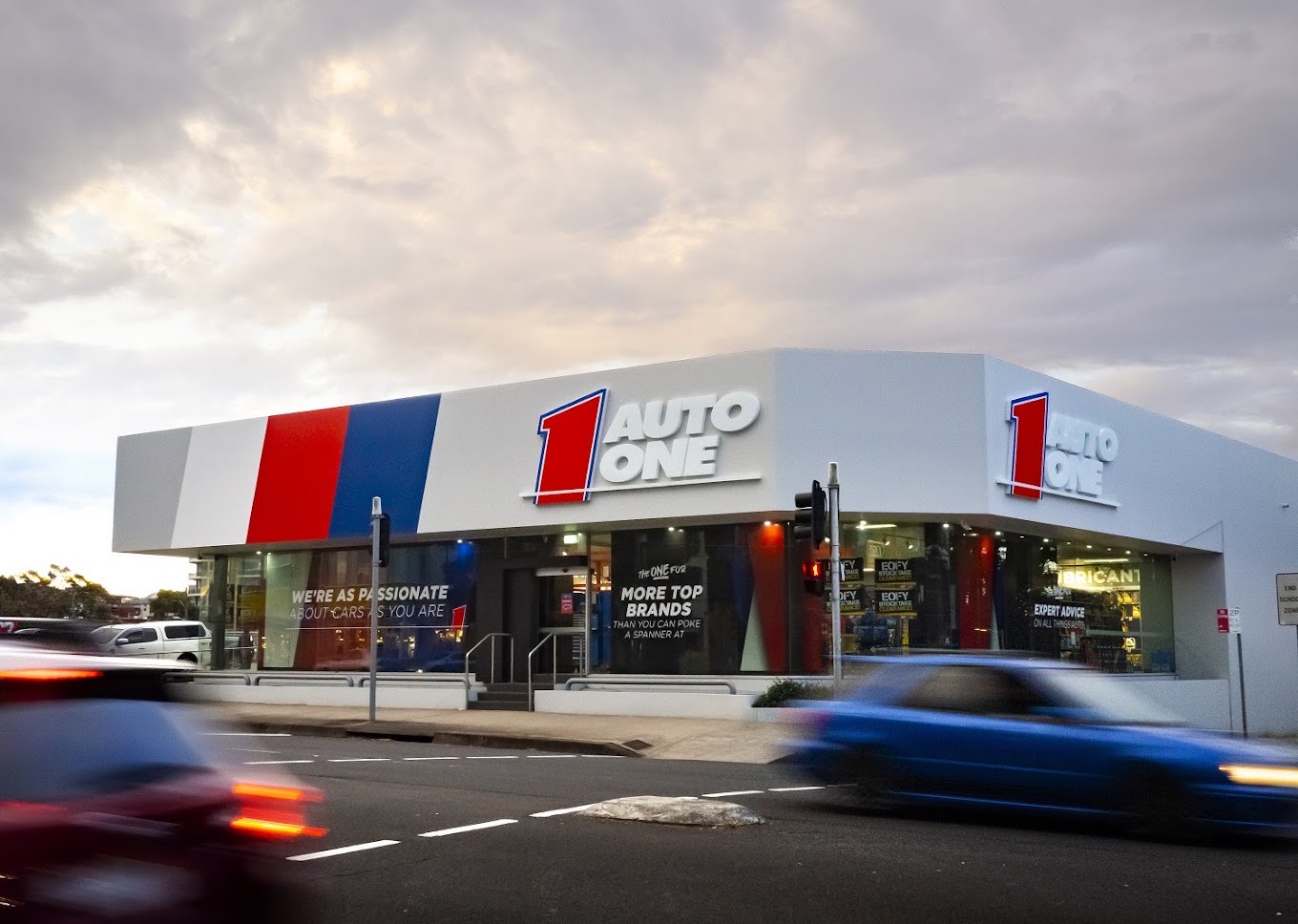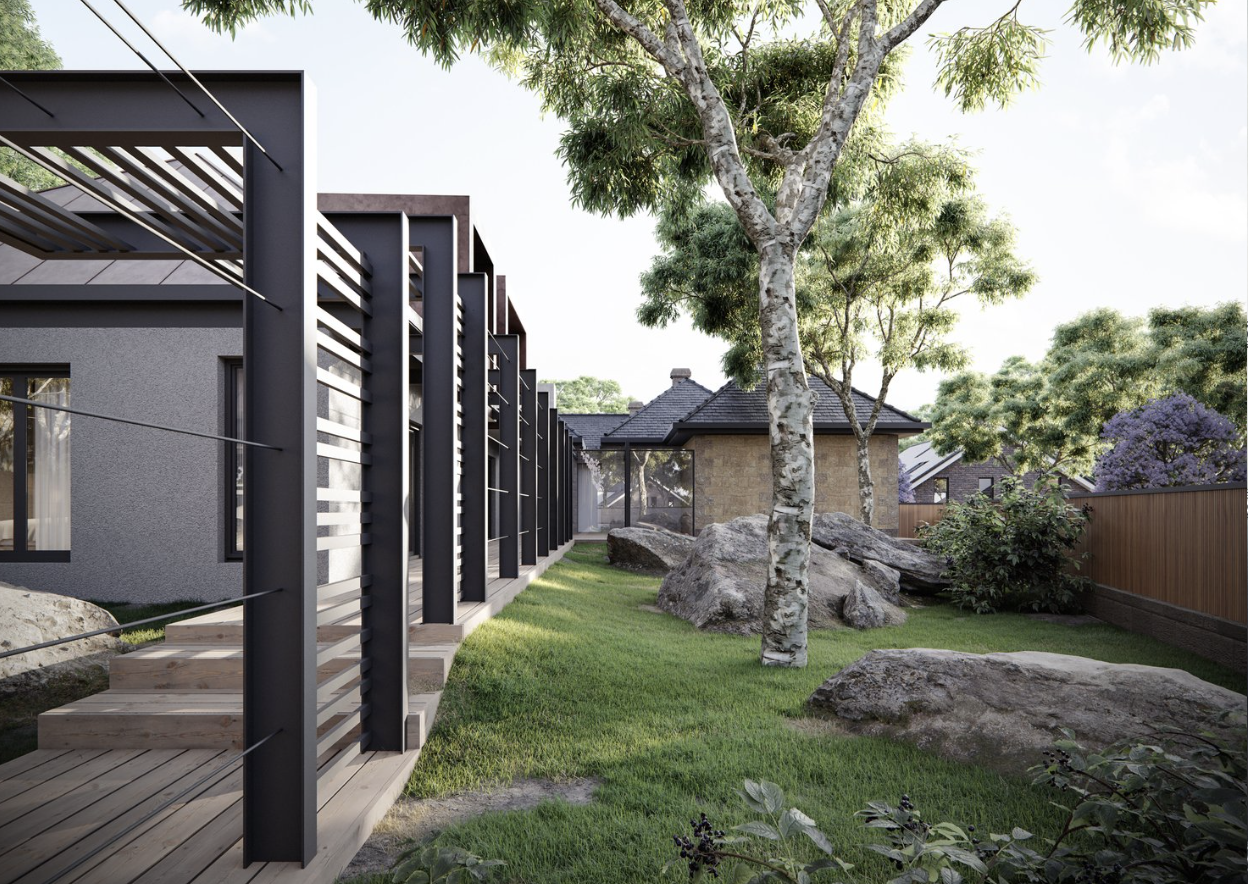
What is the difference between Secondary Dwellings and Dual Occupancies?
When it comes to expanding residential properties in New South Wales (NSW), two popular options are secondary dwellings (often referred to as granny flats) and
Home / Commercial Change of Use: Cafe
Our firm solely serves clients across New South Wales. With a strong history and over 3000 successful projects completed, our team have worked extensively with local council, enhancing project success rates.

When seeking approval for the change of use of a property to open a cafe, there are a number of key documents that will need to be submitted to the local council. These documents ensure the council can properly assess the potential impacts of the change of use, particularly in relation to the surrounding environment, traffic, noise and health standards.
1. Statement of Environmental Effects (SEE)
The Statement of Environmental Effects is a comprehensive document that outlines the potential environmental, social and economic impacts of the cafe. It will detail the existing conditions of the site and describe the proposed use of the building. This includes an analysis of how the cafe will impact the local environment, traffic flow, waste disposal, noise levels and other potential issues. For a cafe, particular attention must be paid to waste management (both food waste and packaging), noise (from both customers and equipment) and any potential impacts on surrounding properties. The SEE helps the council understand how the business will operate within the local context.
2. Architectural Drawing Set
The architectural drawing set will provide the detailed plans for the cafe’s layout, including floor plans, site plans, and elevations. These drawings should outline the internal fit-out, seating arrangements, kitchen layout, service areas, restrooms and emergency exits. Councils will use these plans to assess the building’s compliance with health and safety regulations, accessibility and other building codes. The design should also incorporate measures for customer comfort and the minimisation of noise or disruption to the surrounding area.
3. Cost Summary Report
A cost summary report will include a detailed breakdown of the total costs associated with opening the cafe. This includes the construction or renovation costs, interior fit-out, kitchen equipment, and any other associated expenses. The report helps the council assess the scale of the project and determines if any development contributions are applicable, such as local infrastructure levies.
4. Waste Management Report
Given that cafes typically generate significant amounts of waste, including food waste, packaging, and disposable items, a waste management report will be required. The report will detail the measures that will be put in place to manage both operational and construction-related waste. This includes waste segregation, recycling initiatives, disposal methods, and how the cafe will handle waste minimisation. Councils require this report to ensure that the cafe will comply with local waste management regulations and reduce its environmental footprint.
5. Acoustic Report
For cafes, particularly those located in or near residential areas, an acoustic report will often be required. This report assesses the noise levels generated by the cafe, including noise from kitchen equipment, customers, deliveries, and any external seating areas. It will recommend mitigation strategies to ensure that noise does not adversely affect neighbouring properties. For example, soundproofing measures might be suggested, or operational restrictions such as limiting outdoor seating hours.
6. Traffic and Parking Report
Given that cafes often attract a steady flow of customers, a traffic and parking report will be necessary to determine the impact of the cafe on local traffic and parking availability. This report will assess the number of cars that can be expected at peak times and whether there are enough parking spaces in the immediate vicinity to accommodate these needs. In areas with limited parking or high foot traffic, the report may recommend adjustments to parking arrangements or the implementation of alternative transport options, such as bike racks or improved pedestrian access.
7. Health and Safety Plans
A detailed health and safety plan is essential for any food-based business. This will outline the procedures that will be followed to meet local food safety and hygiene regulations. The plan should detail how the kitchen will be set up, the type of food handling practices that will be implemented, and the regular cleaning and maintenance schedules for kitchen equipment. Local councils may request this as part of their approval process to ensure that the cafe operates in line with public health and safety standards.
8. Fire Safety Report
If the cafe involves any cooking activities that use open flame or high-temperature equipment, a fire safety report may be required. This will detail how fire hazards will be mitigated, including the installation of fire suppression systems, fire exits, emergency lighting, and the materials used in the construction of the building to reduce fire risks. The report helps ensure that the cafe complies with fire safety regulations and provides a safe environment for customers and staff.
9. Plan of Management
A Plan of Management outlines the operational aspects of the cafe, including trading hours, number of staff on-site at any given time, security measures, crowd management strategies, and management of foot traffic. This document will address how the cafe will operate within the local community and will often include information on how the business intends to handle peak hours, minimise disruption to surrounding properties, and ensure the safety and comfort of customers. Councils typically require a Plan of Management to ensure that the cafe’s operations are suitable for the site and that it will not cause undue disturbance to the local area.
While the above documents are the core requirements for most commercial change of use applications for opening a cafe, councils may request additional reports or studies depending on the specific location or scale of the project.
1. Traffic and Parking Impact Analysis
In busy urban areas or locations with already high traffic volumes, the council may request a more detailed traffic and parking impact analysis. This report would provide a deeper examination of how the cafe will affect local roads, traffic flow, and the availability of on-street parking. Depending on the findings, the council might ask for mitigation measures, such as improved signage or traffic calming measures.
2. Heritage Impact Statement
If the cafe is proposed in a heritage-listed building or within a heritage conservation area, a Heritage Impact Statement may be required. This statement would assess how the proposed changes to the building would affect its heritage value and suggest measures to preserve key heritage features during renovations.
3. Signage and Branding Approval
If you intend to display signage for the cafe (e.g., exterior signs, awnings, or illuminated displays), you may need to submit a signage plan for approval. This would detail the size, design, and location of the signage and ensure that it complies with local planning controls, including restrictions on signage size or lighting, particularly in heritage or residential areas.
4. Environmental or Sustainability Reports
In some cases, especially if the cafe is in an environmentally sensitive area, the council may request an environmental sustainability report. This could include recommendations for energy-efficient appliances, waste minimisation strategies, water conservation methods, or the use of sustainable materials in the cafe’s fit-out.

When it comes to expanding residential properties in New South Wales (NSW), two popular options are secondary dwellings (often referred to as granny flats) and

In New South Wales (NSW), the approval requirements for tiny homes, moveable dwellings, cabins and affordable housing vary based on factors such as the type

Renovating a property in New South Wales (NSW) that is heritage-listed or located within a heritage conservation area requires careful planning to preserve its historical

Undertaking demolition work on your property in New South Wales (NSW) requires careful planning and adherence to regulatory requirements to ensure safety and compliance. Here’s

When planning to change the use of a commercial property in New South Wales (NSW), understanding the parking requirements is vital for compliance with local

When embarking on a development project, you may wonder whether you need an architect, a town planner, or both. Each professional brings unique expertise to




Guaranteed Approval. Free 30-minute Expert Consult
Our head office is based at 165 Riley St. Darlinghurst NSW 2010, Australia